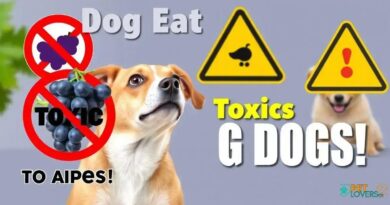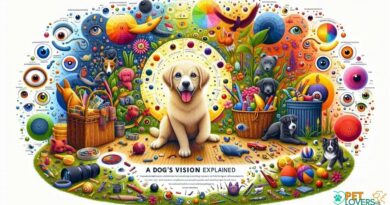What is Your dog’s diet
Understanding Your Dog’s Nutritional Needs
When considering what is your dog’s diet, it’s essential to understand the unique nutritional needs of dogs. Dogs require a balanced diet that includes proteins, carbohydrates, fats, vitamins, and minerals. Each of these components plays a crucial role in maintaining your dog’s overall health, energy levels, and well-being. Proteins are vital for muscle development and repair, while carbohydrates provide the necessary energy for daily activities. Fats contribute to healthy skin and coat, and vitamins and minerals support various bodily functions.
Types of Dog Food Available
There are several types of dog food available on the market, each catering to different dietary needs and preferences. The primary categories include dry kibble, wet canned food, raw diets, and homemade meals. Dry kibble is convenient and often more affordable, while wet food can be more palatable for picky eaters. Raw diets, which include uncooked meat, bones, and vegetables, have gained popularity among dog owners seeking a more natural approach. Homemade meals allow for complete control over ingredients, but they require careful planning to ensure nutritional balance.
Reading Dog Food Labels
To make informed choices about what is your dog’s diet, it’s crucial to read and understand dog food labels. The label provides information about the ingredients, nutritional content, and feeding guidelines. Look for high-quality protein sources listed as the first ingredient, and avoid foods with vague terms like “meat by-products.” Additionally, check for the presence of essential nutrients and avoid artificial additives and fillers that can be harmful to your dog’s health.
Special Dietary Needs
Some dogs may have special dietary needs due to health conditions, allergies, or sensitivities. For instance, dogs with food allergies may require a limited ingredient diet, while those with specific health issues might benefit from prescription diets formulated by veterinarians. It’s essential to consult with your veterinarian to determine the best dietary plan tailored to your dog’s individual needs, ensuring they receive the appropriate nutrients without adverse reactions.
Portion Control and Feeding Guidelines
Understanding portion control is vital when determining what is your dog’s diet. Overfeeding can lead to obesity, which is a significant health concern for dogs. Follow the feeding guidelines provided on the dog food packaging, but also consider your dog’s age, weight, activity level, and overall health. Regularly monitor your dog’s weight and adjust portions as necessary to maintain a healthy body condition.
Homemade Dog Food Recipes
For those interested in preparing homemade meals, there are numerous recipes available that can provide balanced nutrition for your dog. Ingredients such as lean meats, vegetables, and whole grains can be combined to create nutritious meals. However, it’s crucial to ensure that these recipes meet your dog’s dietary requirements. Consulting with a veterinarian or a pet nutritionist can help you formulate a balanced homemade diet that supports your dog’s health.
Importance of Hydration
Alongside solid food, hydration is a critical aspect of what is your dog’s diet. Dogs need access to fresh, clean water at all times to stay hydrated. Proper hydration aids in digestion, nutrient absorption, and overall health. Monitor your dog’s water intake, especially during hot weather or after exercise, to ensure they are drinking enough to maintain optimal hydration levels.
Transitioning to a New Diet
If you decide to change your dog’s diet, it’s essential to do so gradually. Sudden changes can upset your dog’s digestive system, leading to gastrointestinal issues. Start by mixing a small amount of the new food with the current diet, gradually increasing the new food’s proportion over a week or two. This gradual transition helps your dog adjust to the new diet while minimizing potential digestive disturbances.
Consulting with a Veterinarian
Ultimately, when determining what is your dog’s diet, consulting with a veterinarian is the best course of action. Veterinarians can provide personalized recommendations based on your dog’s specific health needs, lifestyle, and preferences. Regular check-ups can help monitor your dog’s health and adjust their diet as necessary, ensuring they receive the best nutrition possible throughout their life.



